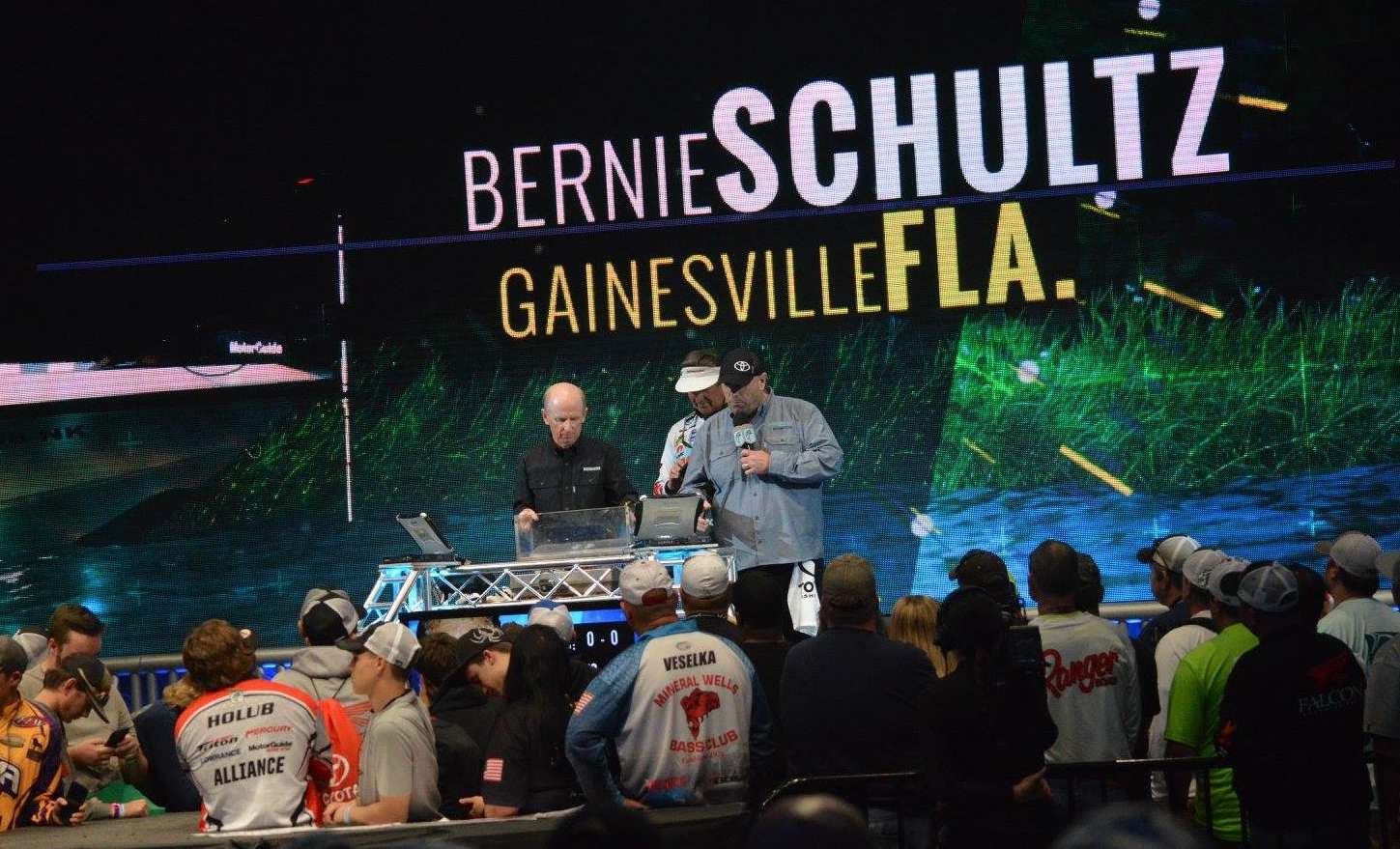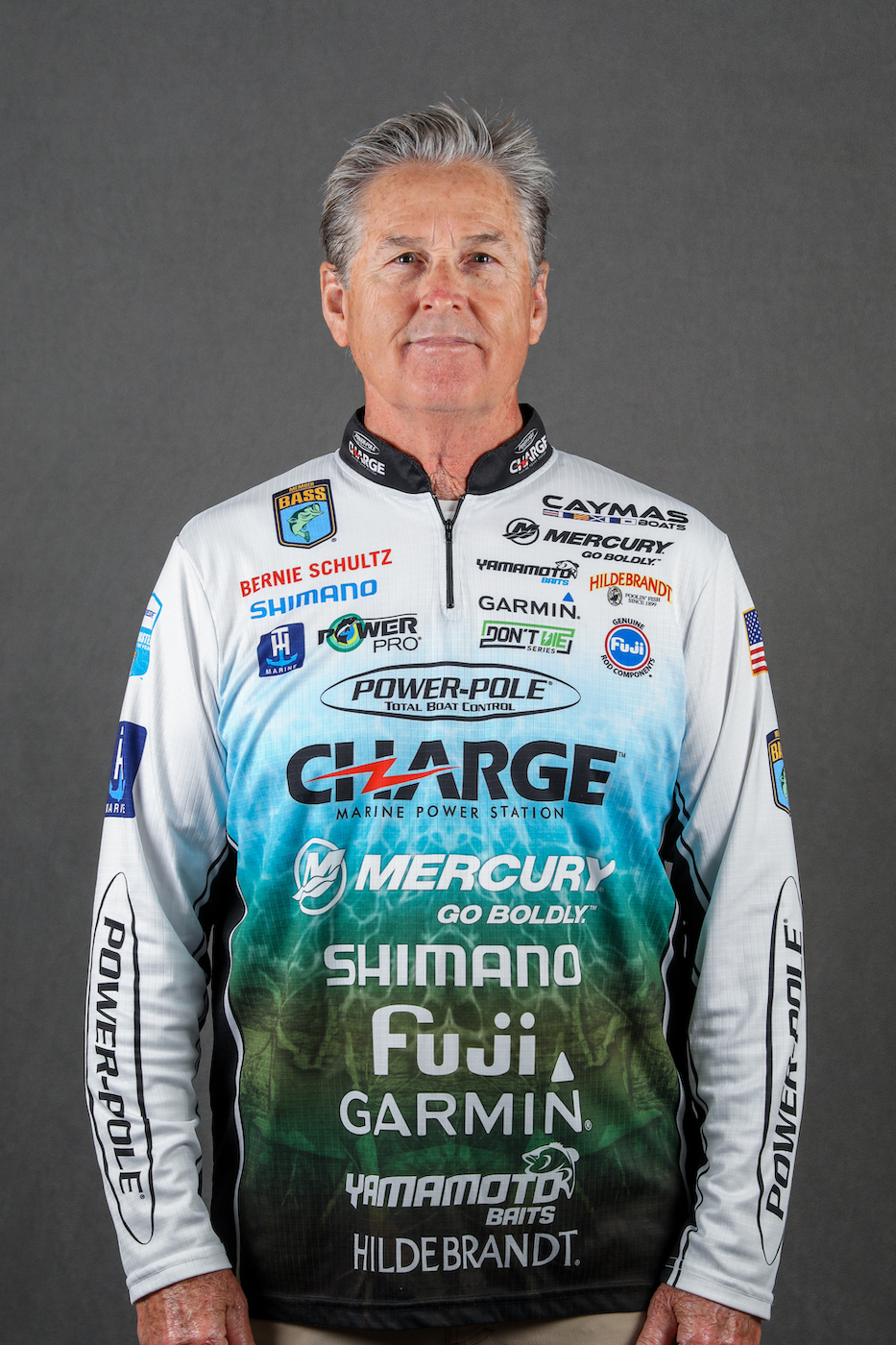
I’ve been at this game a long time. Too long, perhaps.
In that time, I’ve developed some strong opinions — some I’ll share, others I should probably keep to myself.
After witnessing the departure of many of my fellow Bassmaster Elite Series colleagues, however, I feel compelled to speak out, and not so much on their behalf.
But before going there, I feel it’s important to share some of my past and a bit of history on the sport.
From the beginning
When I was in college, I befriended one of my instructors — an associate professor by the name of Larry Wilson. Larry was the one who introduced me to tournament fishing, through his local bass club. One of the members of that club was Shaw Grigsby — ironically, my first-ever draw in an organized bass competition.
Talk about an accelerated learning curve. Besides Shaw, there were numerous other talented anglers in the club, and I learned a lot from each of them.
After graduating from college, I wasn’t sure where to begin my career. By then, I was competing in regional events and making some money. I used that money to enter even larger events, including some B.A.S.S. Invitationals that came to Florida. Other circuits included Hydra Sports and the Red Man Tournament Trail (now the FLW Tour).
Hydra Sports was a buddy tour, so I teamed up with Shaw for a season, and we went on to win their East-West Championship. Immediately after, I won my division of the Red Man All American. And it was from those two victories that I decided to try a career in competitive fishing.
Finding my way
As the years passed, I experienced good success competing in both B.A.S.S. and Red Man tournaments. In 1996, Operation Bass (operators of the Red Man Tournament Trail) became FLW. Out of that transition, they introduced a tour with bigger payouts. Confronted with the prospect of losing key anglers, B.A.S.S. responded by raising their own payouts.
It was a volatile time for tournament organizers, but a windfall for the fishermen.
Regardless of the tour chosen, competitors were fishing for more money than ever. And in that sense, it was good for the sport. As the purses increased, so did the number of sponsors wanting in — many of whom were non-endemic to the fishing industry.
Like many other full-time pros, I competed on both tours. But then things changed. B.A.S.S. and FLW began to compete for dates and locations and, due to those conflicts, the anglers were forced to choose one tour over the other.
I went with B.A.S.S.
By that time, I was serving as an illustrator and columnist for Bassmaster and B.A.S.S. Times magazines — an opportunity I found rewarding beyond the dollars it paid. And though I would miss competing with my friends on the FLW Tour, having an editorial role with B.A.S.S. made fishing their tour the right choice.
In 2006, the Bassmaster Elite Series debuted — another milestone in the sport.
To participate meant exorbitant entry fees with greater risk. The cost to enter an individual event was $5,000. Multiply that by 11 — the number of regular season events for the first three years — and we were looking at a $55,000 commitment. And that was before the added expense of a tow vehicle, fully-rigged boat and all the travel expenses to follow. It was more than some could afford, and it forced many of the top names in our sport to go another direction.
I had the sponsor support, so I bought in. And I’m glad I did. Many of my former colleagues should be glad they did, too. Some garnered lucrative sponsor deals through B.A.S.S. as a result. Toyota, Carhartt, General Tire, GoPro and numerous others. These were opportunities that would not have been realized without B.A.S.S. and the Elite Series.
MLF vs. B.A.S.S.
For the former Elite anglers who signed up for the new MLF Bass Pro Tour (BPT), I wonder how much greener that pasture will truly be. The promise of reduced entries, higher payouts and better exposure must have been attractive, but it leaves a big question unanswered.
Can MLF deliver on those promises?
They have a strong presence in television, and the company behind them has other platforms, which they say will be developed. But can they elevate the careers of so many anglers beyond the levels they could attain with B.A.S.S? If they don’t deliver, the sponsorships of many MLF anglers will be in jeopardy after just one season.
I’m sure there were other motivating factors for making the move. A new tour offers a new beginning, and for some that could jumpstart a career. For others, it could mean a second chance. Still others, I’m certain, made the move because of peer pressure.
In an effort to thwart the exodus, B.A.S.S. quickly modified its entry-payout equation — making it more attractive than ever. But it was too late for some. Once those with the most influence made the move, others followed.
As I write this, I’m certain I’ll be called out for these assessments, and accused of sour grapes. Yet, while it’s true that I was not offered an invitation to participate on the BPT, I know the best move for me would have been to decline.
Yeah, it stung not being among those chosen. Everybody wants to be invited to the party, even if they don’t want to go. But I’m glad I didn’t get an invite. B.A.S.S. is my home. It’s where I built my career, and it’s where my sponsors want me.
As an organization, B.A.S.S. will survive. And those of us who stand with them will be rewarded for our loyalty. I’m sure of it.
To those who moved on, I wish them nothing but the best.


